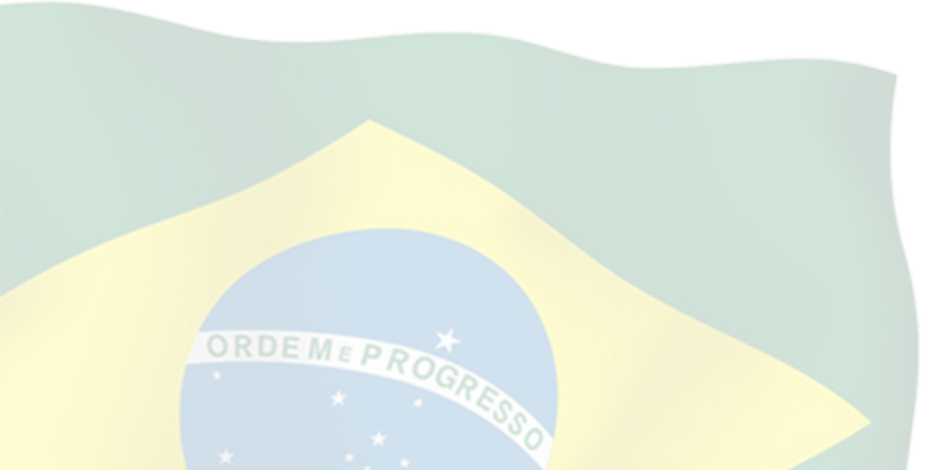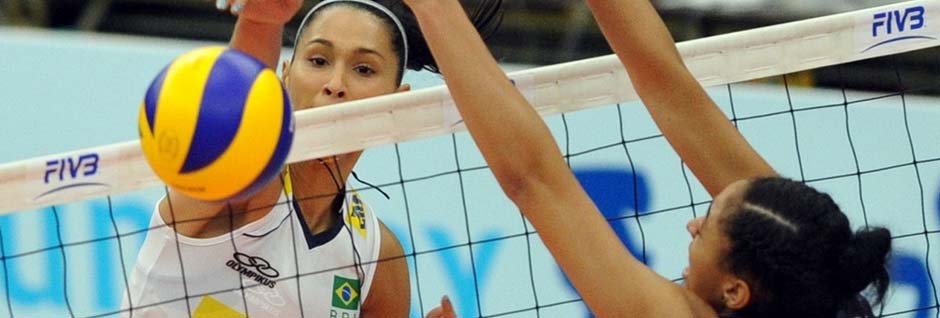Forming the Conditional in Portuguese is the English equivalent of would or could. To a language instructor, this tense is known as "the future of the preterite". We just call it, THE CONDITIONAL.
Use it whenever you want to say would or could in the FUTURE (only). It's not used for the past as we do to say for example, I would always go to that restaurant for Sunday brunch. In Portuguese, that type of would gets treated by the Preterit Imperfect.
Its conjugation is easy and it goes like this:
Forming
| I would go out | eu sair | ia |
| she would be able to | ela poder | ia |
| we would come | nós vir | íamos |
| they would show | eles mostrar | iam |
It's very consistent. There are irregulars, but you only need to worry about these:
dizer > diria, diríamos, diriam
fazer > faria, faríamos, fariam
(the usual suspects!)
The main thing to watch for is that an accent gets added to the nós conjugation so the emphasis is always like this: íamos.
And the irregulars:
fazer
dizer
Got 10 minutes a day?
It's EASY to stay hooked on Semantica Stories!


 IA in Portuguese – The conditional
IA in Portuguese – The conditional  Imperfect Subjunctive + Conditional
Imperfect Subjunctive + Conditional
Comentários